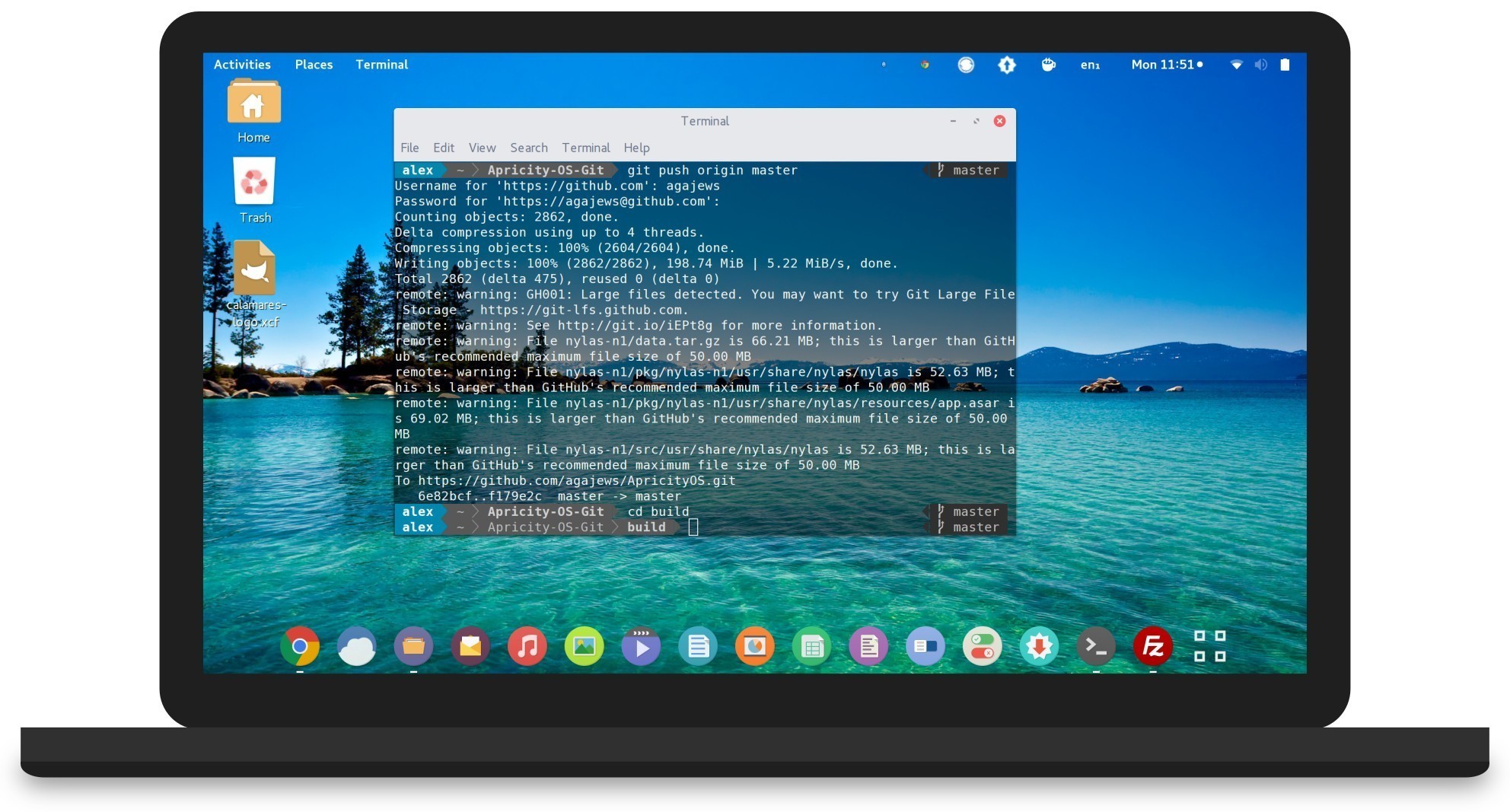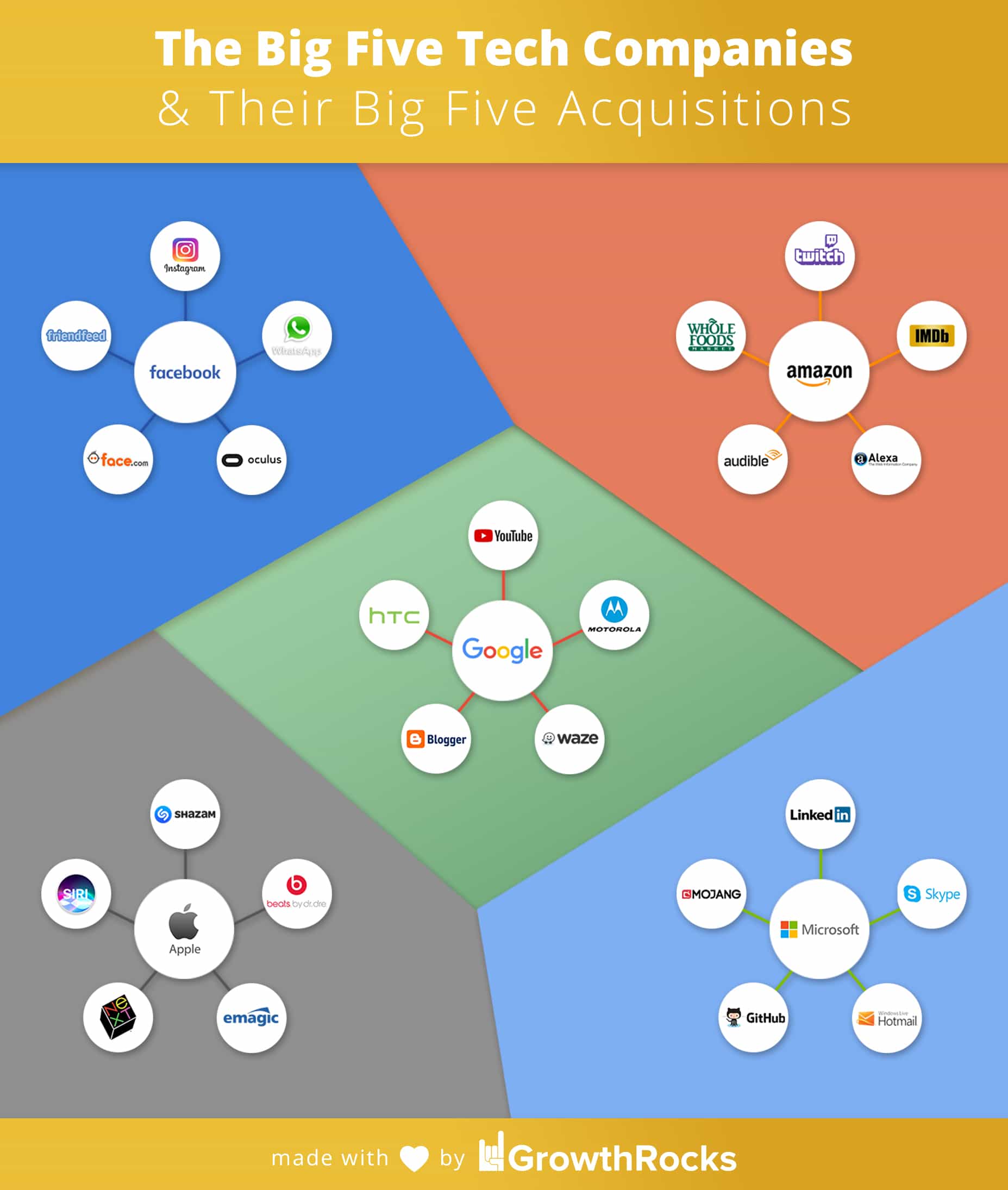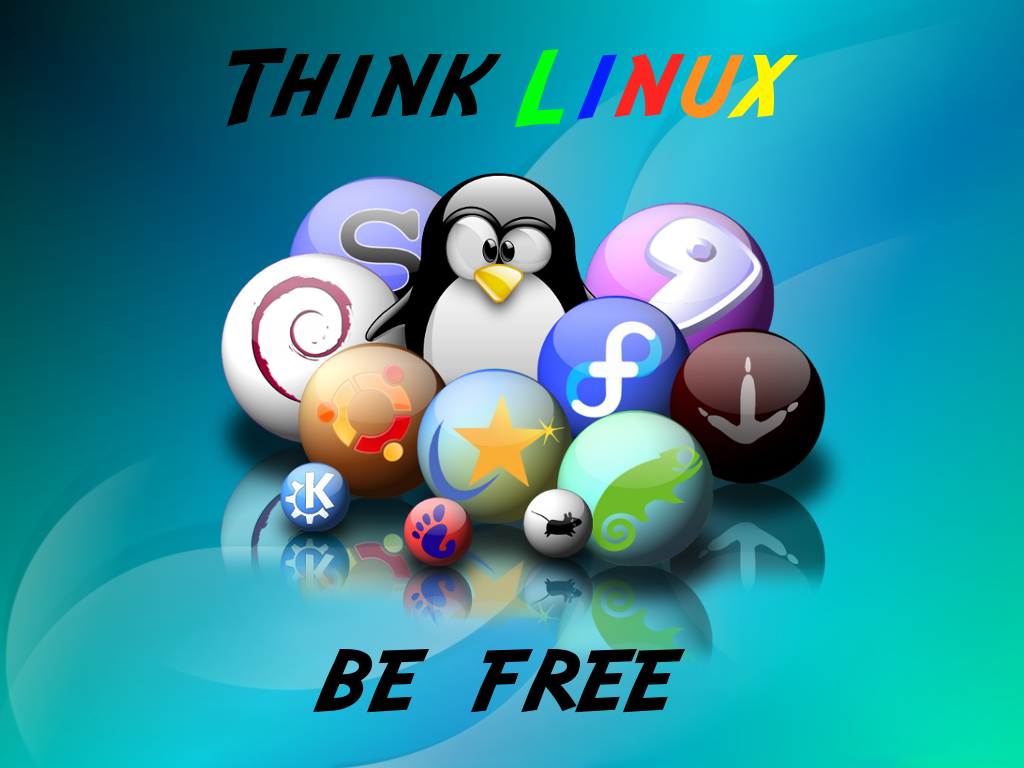 Why in the present day would an ordinary computer user decide to switch to Linux as his or her operating system instead of keeping the very popular ready-to-use MS Windows or the fabulous Mac OSX in case they are buying an Apple Macintosh?
Why in the present day would an ordinary computer user decide to switch to Linux as his or her operating system instead of keeping the very popular ready-to-use MS Windows or the fabulous Mac OSX in case they are buying an Apple Macintosh?
I myself have always wanted a Mac as a computer, but forced in the early 1990s to settle for a compatible PC of half the cost, I had to face a number of difficulties due to having to learn how to use a system like the old MS-DOS without any graphical interface. At that time it was normal to start out that way if you wanted to use a computer. Apple had always aimed to create computers that could be used by both grandma and granddaughter. Graphical interfaces made computers more easily accessible to anyone. I loved Macs because of that, but still I was fascinated by the command line. Today it has become unknown to most, but it is actually more powerful (some things you just can’t do with mouse and windows). Linux itself has great GUIs to choose from. But why should we shoulder the burden of having to replace our PC’s operating system by choice and learn a new one? Probably precisely because the PC is our own….
What was bugging me from the very beginning was the lack of choice: you were coerced. The available operating system was Windows; there was no question about it. Having a PC meant running Windows; having a Mac meant running macOS. Why? Unix was expensive and required power. But it was a system that could fully exploit the features of the Intel 386 architecture; it certainly did not have, for example, the memory management limitations of DOS. Later, Windows NT and derivatives would handle all the memory installed but still remained a sieve for viruses and a monopoly for the market. Having a Mac meant thinking differently.
That is why the idea of alternative operating systems has always fascinated me. I looked with hope to IBM OS/2, the legendary systems that unleashed all its power on the 386 architecture. It reached its peak in its Warp version, but what about the software….? OS/2 was absolutely superior to Windows but was a major commercial flop. It was born out of a collaboration between IMB and Microsoft but then Microsoft pulled out of it by taking away OS/2’s graphical user interface, called Presentation Manager, which later became Windows 3. OS/2 disappeared forever. It took a while for a new alternative to appear, thanks to Linus Torvalds with his kernel that emulated Unix in every way, and to Richard Stallman who ten years earlier had made free Unix utilities (GNU) that were just waiting for a kernel to run on. Thus GNU/Linux was born, and I was immediately intrigued as soon as I read about it. But it wasn’t until the early 2000s that I began experimenting with distributions I bought at the newsstand. Mandrake, Slackware, RedHat, Debian. I managed to install the latter on my incompatible Dell laptop, following to the letter instructions on the forums to compile the kernel properly. Then I switched to Ubuntu on which I also worked on research projects with 3D geologic modeling software. But then it happened that I could afford a Mac and things changed….
I succumbed to the allure of Aqua, the beautiful graphical user interface that ran on the FreeBSD Unix engine that Apple had adopted along with Intel CPUs. I opened the package of my first white MacBook and was amazed. Mac OSX made me feel like I wasn’t working. It was a pleasure to use. I gave up telling myself that I was tired of configuring computers instead of using them, and then if I got homesick I always had OSX’s Unix terminal at my disposal….
Too bad it is not all so rosy. The spread of the Internet and the coming advent of social would have made things far more complicated. The arrival of smartphones would put a very powerful computer constantly connected to the net in everyone’s pocket, which was unthinkable even in 2005, when I dove into the Apple world as a “Think Different” person. From a Linux user and free software advocate I became a Mac user, tired of fighting windmills armed with free software that no one really cared about.
Then Google became a web powerhouse, created Gmail, excellent free webmail, incorporated Youtube, excellent video broadcasting platform. Reports began to come out about how it kept data from our searches from which it was possible to trace the identity of the person who had done the searches. Even our e-mails, which now no longer needed to be deleted because space problems were eliminated by being stored on the “cloud,” remained indefinitely on Google’s servers, without the possibility of having any certainty that they were really being deleted. Microsoft had started earlier, soon incorporating the first webmail, Hotmail, which I loved to use. Then it incorporated Skype, the first internet communication platform. Apple soon offered its iCloud and invented the smartphone. What was going on?

The Net’s Big Five have monopolized the market related to the Internet and the devices with which we connect to it
In terms of operating systems alone, there was already a monopoly of Microsoft weakly countered by Apple. Then Google acquired Android, which had created a mobile system based on the Linux kernel and entered the smartphone market as well. Facebook had gone from experiment to the world’s most popular social. It incorporated first Instagram, initially designed to post square format photos, then Whatsapp: Facebook then had all our phone numbers as well. We had been providing it for years now with immense masses of data about our tastes, trends, movements, vacations, purchases…. Amazon had gone from used book exchange portal to the online shopping monster that lowered prices even if they initially were losing out, just to annihilate competitors. The entire computer market, including handheld computers, was in the hands of a few increasingly powerful companies, all American, subject to little restrictive laws regarding data privacy. And in fact that is precisely the data we voluntarily provide, along with data that is taken from mechanisms installed in modern CPUs and operating systems, in software we choose to use when we sign licenses without reading them (who could read all that stuff realistically?). And everything costs less and less until it becomes free: we don’t pay for the operating system of cell phones, of PCs, we find everything ready. Gmail is free, Whatsapp too, Facebook too. Why? How do they make money? Now we know, with our data worth gold to big marketing companies that create advertisements tailored to each of us by powerful artificial intelligence systems. The same systems that manage to keep us glued to a given web platform by controlling our reactions based on scientific studies of how our brains work, how to influence behavior, tastes and reactions. All because the more you are on a given platform, the more your data that they sell third parties acquire value: if a product is free, the product is you, you should know by now…
So, if one realizes how these systems work maybe, I say maybe because it might not be enough, someone might say no. How? A start would be not to use, or to make as little use as possible of the platforms of these large companies. If it is not possible to eliminate the socials from one’s life, one can limit their use and especially limit the data we provide at sign-up and what we spontaneously provide as reactions to posts: they are a mechanism for fishing for one’s likes – a like is data related to that type of post, that genre, that message; it means so much. And the more we put, the better our profile can be, the closer it comes to our real identity. The software we use every day is closed; no one can see how it works. Instead, there is opensource software that those who are capable of it can verify, getting into the code and improving it. If a software is opensource it certainly does not contain code that tracks and collects data. If it did it would be immediately discovered by the community and reported. Using opensource software is already a big step: an opensource web browser like Firefox or Brave is super easy to use. Much better than Edge installed on Windows or Safari on a Mac. Never would I trust the browser of the same brand as the operating system! Is it necessary to spend money on Microsoft Office licenses? Absolutely not! There are many free and opensource alternatives that do the same things extensively: LibreOffice, OnlyOffice are perfectly capable of the purpose.
But it is the very PCs with their pre-installed operating systems that are built to collect data, even recording the keys we press, the way we use the mouse, what we say…. everything is useful, it makes sense, it contributes commercial value to one of our profiles, even if our name is not attached to it. But there is location. Do we activate services related to our location? Sure, they’re convenient, right? And free… Duh!!!

Who cares to make an effort to switch to a secure, powerful operating system that does not track user behavior? A few…
Aware of all this, I had been thinking about Linux again for a few months. Linux is not like that. It may be less appealing than OSX, less easy than Windows, but at least it doesn’t have any of these mechanics. Even if they are installed at the hardware level Linux does not use them. No one in the Linux community cares what keys we press. Viruses are almost nonexistent and stability is exceptionally superior to Windows (which is why it is in the vast majority of web servers). It is also lighter and makes the PC run faster. Even the Mac if it is so old, like mine, that it can no longer be updated with OSX. So I pulled myself together and went back to using Linux.
But I can see that it is not for everyone. I don’t know anyone who uses it, not a single person. But it is understandable. Among my acquaintances I am the one who used to be approached in case of PC problems. Someone who loved to geek out takes little time to install a Linux distribution on a partition. But most do not even know what partition means. Very convenient for those who can impose their own tracking and surveillance system on them. The problem is cell phones, where there is no alternative: Apple or Google (never mind that Android has the Linux kernel: everything on it Google put there for its own purposes). And computers are becoming more and more like that, more and more closed systems: you install apps from Miscrosft’s or Apple’s app store and you are discouraged from installing something you downloaded independently; and under the excuse is it’s for your own security, not their business’s.
Modern PCs have a boot system (launching of the operating system) that makes it impossible to install a different system (e.g., Linux): it is called “safe boot,” and for now we can disable it and proceed to install the system we want. But you have to know how to do it, and you can understand how a less savvy user would have some doubts about disabling something called “safe,” “secure.” For whom? For Windows, which will never be removed from that PC assuring control of the machine to Microsoft, when instead we purchased it. And the same is alas true on Macs. Sooner or later they will find a way to prevent the use of a different system, as in cell phones.
When I think back about these things I understand how for me switching to Linux was the right choice. But I also understand those who don’t feel it or see the need for it: to many Windows is more than good enough to do those two little things, writing a little document with Word, school research copied from Wikipedia and pasted on Powerpoint, the more advanced keep family expenses with Excel but the bulk is social activity; and for that a cell phone is enough and better. Those who do gaming are almost forced to Windows (although Linux is becoming an excellent alternative). So why should I go to all this effort to switch to Linux on my PC? I don’t even use it anymore. Maybe at work I do. But there the company forces me to use Windows, they give me their computer to work remotely and I just work on it. “Anyway for the bulk of what I do the mobile is just fine. Besides, what do I care if they send me some targeted advertising? It’s not like I have to hide anything, and who cares about learning some computer science, what do I need it for!?” And that’s perfectly fine with Apple, Google, Facebook, Microsoft and Amazon, too.